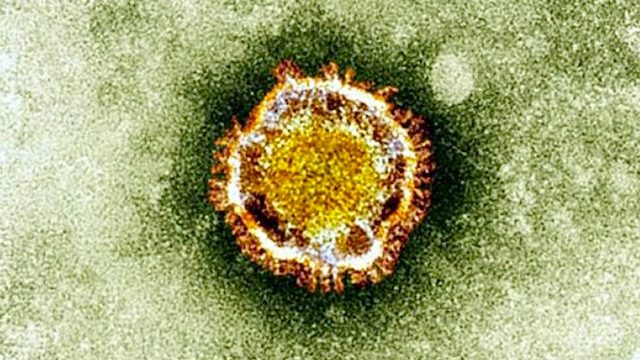SUMMARY
This is AI generated summarization, which may have errors. For context, always refer to the full article.

JEDDAH, Saudi Arabia – The MERS death toll in Saudi Arabia topped 100 on Sunday, April 27, as the authorities scrambled to reassure an increasingly edgy population in the country worst-hit by the infectious coronavirus.
Public fears have been fueled by a rapid rise in the number of fatalities from the respiratory infection, with 39 people dying this month – well over a third of the 102 deaths registered since the virus emerged in April 2012.
A nine-month-old infant was among 8 new deaths from Middle East Respiratory Syndrome announced by the health ministry on Sunday.
It said the total number of cases diagnosed since the virus was first recorded in the kingdom has reached 339, representing the bulk of infections registered worldwide. (FAST FACTS: The MERS Coronavirus)
Among them were four medical staff at a single hospital in Tabuk in the northwest, two doctors — one Egyptian and one Syrian – and two Philippine nurses.
Panic over the spread of the virus among medical staff in the western city of Jeddah led to the temporary closure of a main hospital’s emergency room.
At least four doctors at Jeddah’s King Fahd Hospital resigned earlier this month after refusing to treat MERS patients for fear of infection.
Experts are still struggling to understand MERS, for which there is no known vaccine.
It is considered a deadlier but less-transmissible cousin of the SARS virus which erupted in Asia in 2003 and infected 8,273 people, nine percent of whom died.
Riyadh dismissed the health minister earlier this month without saying why, and Labour Minister Adel Fakieh, appointed acting health minister, promised “transparency” over MERS.
Ailing King Abdullah himself travelled to Jeddah on Thursday to reassure the public and demonstrate that “exaggerated and false rumors” about MERS are false, said his son, National Guard Minister Prince Mitab.
Fakieh said on Saturday that three specialised medical centers have been set up in Jeddah, Riyadh and Eastern Province.
Shortage of face masks
But people are still not taking any chances.
“I’ve decided to keep my six-year-old daughter at home and not send her to school,” said Umm Muntaha. “Prevention is better than cure.”
Schools remain open despite rumours of possible closures, but many have asked parents to equip their children with face masks and disinfectants.
Pharmaceutical sources have already spoken of a shortage of masks in Jeddah because of rising demand.
“Demand for masks has grown 10 times during the past two weeks,” said one pharmacist in Jeddah, who has now run out of stock.
The health ministry has not taken any “additional measures” at airports apart from the “usual preventive measures”, a ministry official said.
MERS infections are rising steadily just months ahead of the annual hajj pilgrimage to the Muslim sacred sites in Mecca and Medina, which this year comes in September.
Pilgrims continue to visit Mecca for the lesser umra pilgrimage, which can be performed at any time.
The hajj ministry has not yet taken any special MERS-related measures.
“We have not distributed masks and not taken any preventive measures,” ministry undersecretary Abdullah Marghalani said.
“We have not received any instructions about the virus and how to immunise umra pilgrims against it.”
MERS has not had any impact on the numbers of pilgrims, Marghalani told Al-Eqtisadiah daily, adding that some 3.8 million pilgrims have visited the country this year.
The World Health Organisation announced on Wednesday that it had offered to send international experts to Saudi Arabia to investigate “any evolving risk” associated with the transmission pattern of the virus.
The UN agency said the recent cluster of cases among health workers was a cause of concern as the virus had clearly been contracted from a human patient and not directly from an animal host.
A recent study said the virus has been “extraordinarily common” in camels for at least 20 years, and it may have been passed from the animals to humans and now evolved to make it transmissible from person to person. – Rappler.com
Add a comment
How does this make you feel?
There are no comments yet. Add your comment to start the conversation.